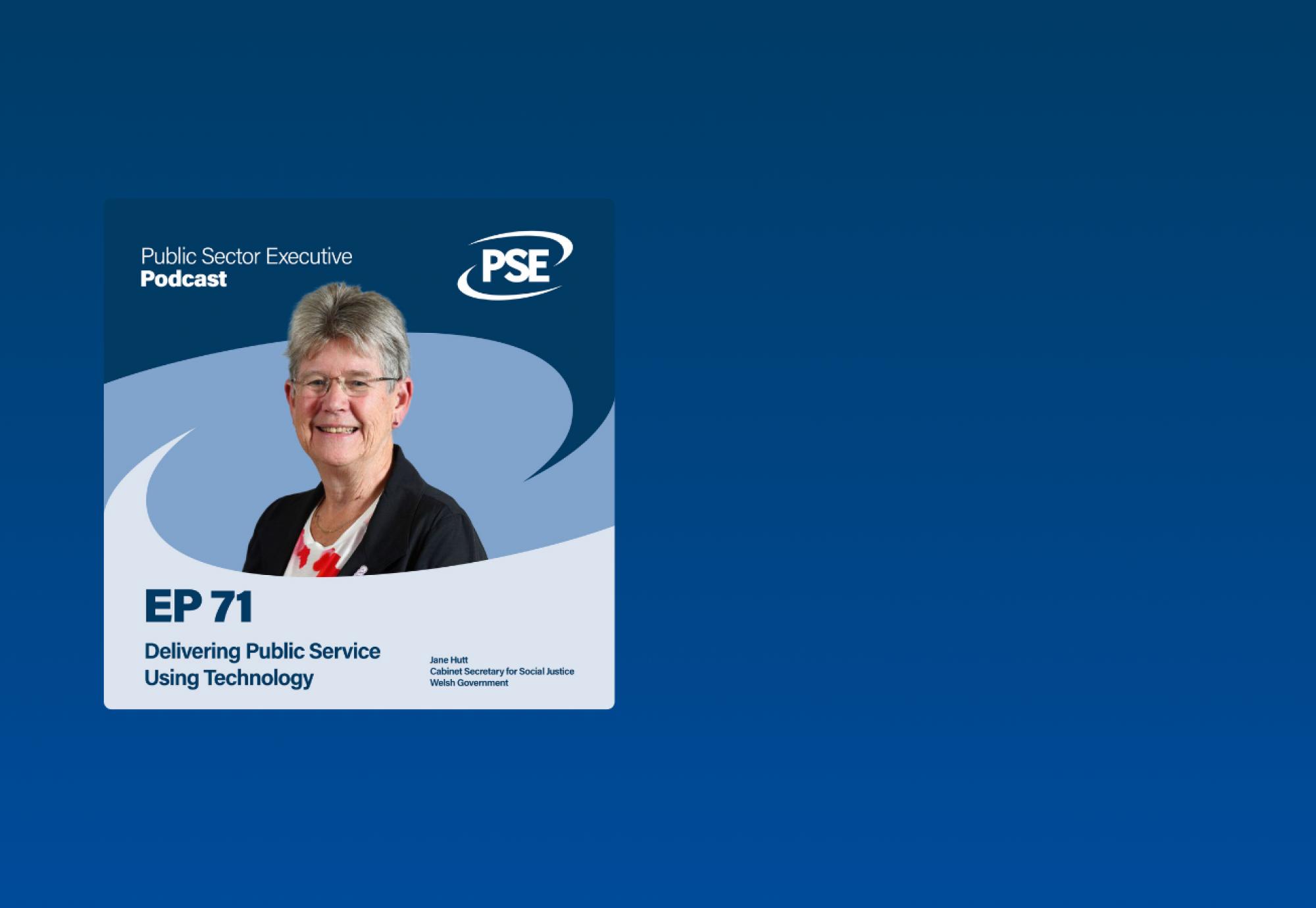In the latest episode of the PSE Podcast, we address a pressing issue that affects many in Wales: the digital divide. This term refers to the gap between those who have access to digital technology and those who do not, whether due to choice or barriers. It’s a critical social justice and economic issue that has far-reaching implications for individuals and communities alike.
The Welsh government has recognised the importance of tackling this divide, launching the Digital Strategy for Wales in March 2021. This strategy aims to create an inclusive digital society where everyone can benefit from the advantages that digital technology offers. Mission two of this strategy focuses on equipping individuals with the motivation, confidence, and basic digital skills necessary to navigate our increasingly digital world.
Despite these efforts, a significant portion of the population remains digitally excluded. Recent data from the National Survey for Wales revealed that approximately 170,000 individuals aged 16 and over do not personally use the Internet. The reasons behind this exclusion are varied, ranging from lack of motivation and trust in online security to affordability issues related to devices and connectivity.
We explore the concept of a minimum digital living standard, which serves as a benchmark for the essential digital goods, services, and skills required for individuals to engage in modern life fully. This standard is not merely about having Internet access; it encompasses a broader understanding of what it means to be digitally included in today’s society.
One of the key takeaways from this episode is the necessity of a cross-sectoral approach to address the digital divide. It is not solely the responsibility of the government; collaboration among public, private, and third sectors is crucial. By working together, we can co-produce interventions that meet the diverse needs of the community.
We also highlight pilot projects being undertaken in Wales to support residents in engaging with digital technology. These initiatives aim to align resources and training with the specific needs of individuals and households, ultimately enhancing their ability to participate in the digital world.
As we conclude this episode, we invite listeners to reflect on the importance of inclusivity in our digital society. It is vital that we design services that cater to the wants and needs of individuals, ensuring that everyone has the opportunity to access and engage with essential services. Join us in embracing this challenge and striving towards a future where no one is left behind in the digital age.



















